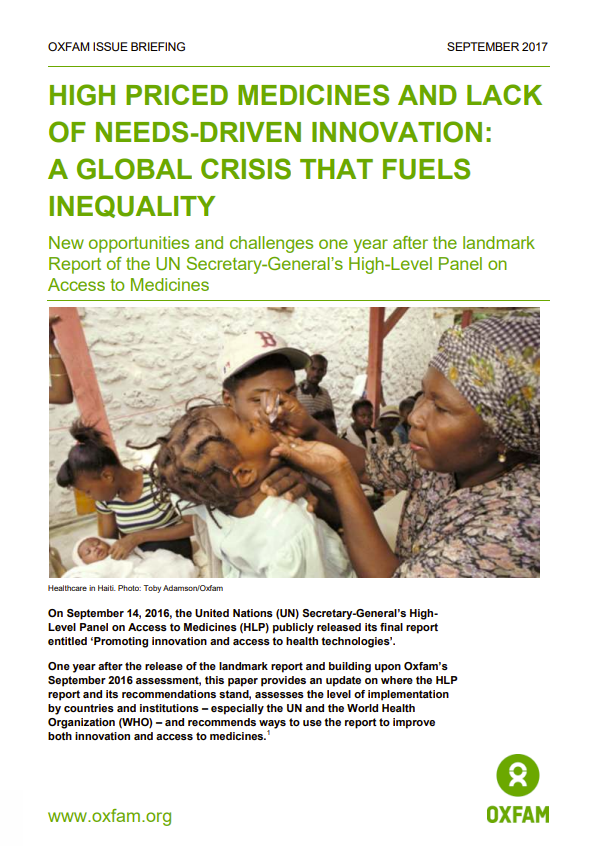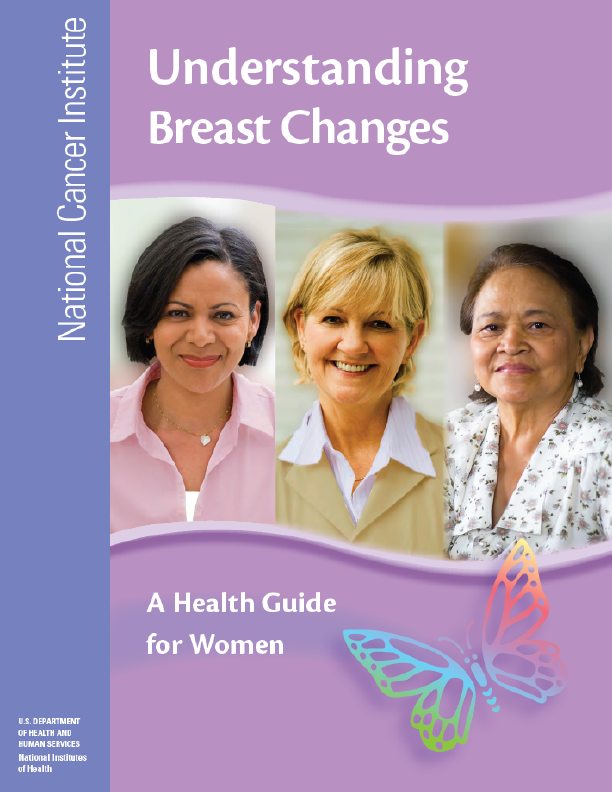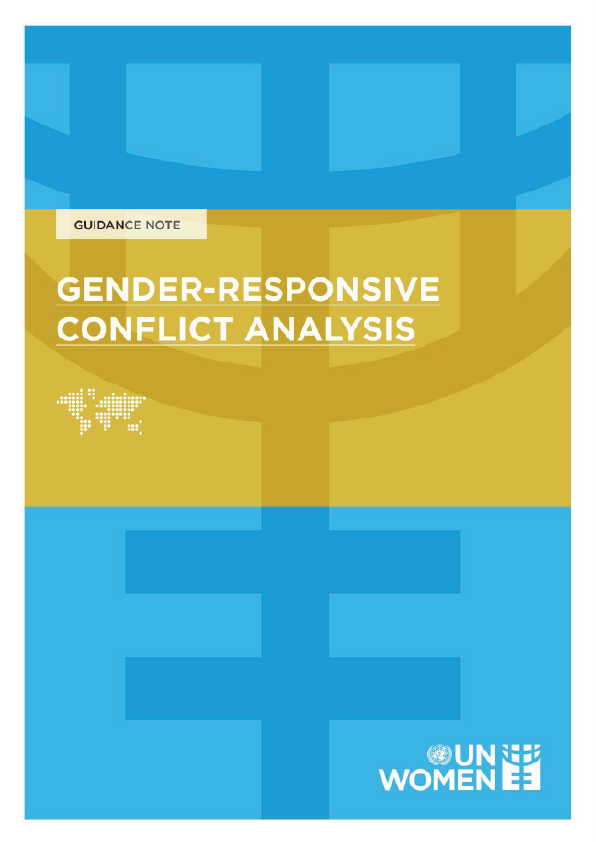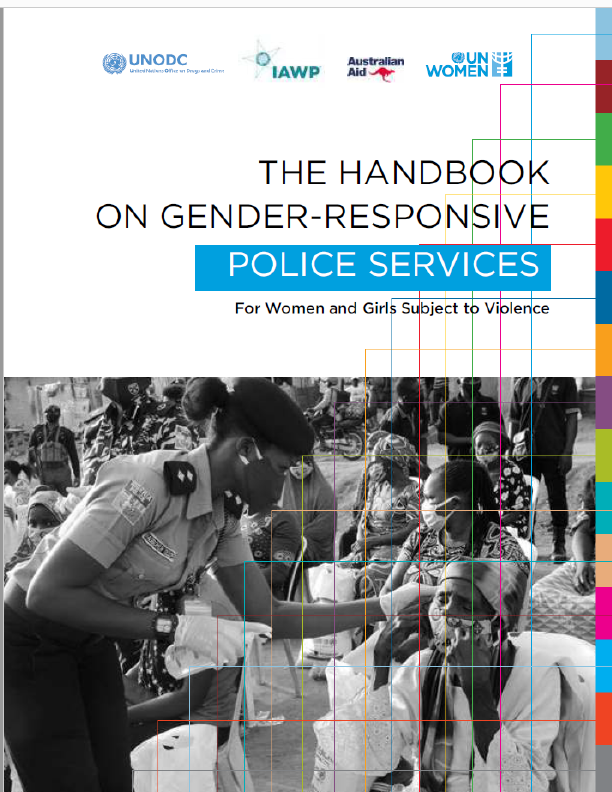On 14 September 2016, the UN Secretary-General’s High-Level Panel on Access to Medicines publicly released its final report entitled ‘Promoting innovation and access to health technologies.
One year after the release of the landmark report and building upon Oxfam’s September 2016 assessment, this paper provides an update on where the HLP report and its recommendations stand.
It assesses the level of implementation by countries and institutions – especially the UN and the World Health Organization – and recommends ways to use the report to improve both innovation and access to medicines.
INTRODUCTION
The High-Level Panel on Internal Displacement was established by the UN Secretary-General in 2019 to identify concrete recommendations on how to better prevent, respond and achieve solutions to the global internal displacement crisis. The Panel was comprised of eight members, co-chaired by Federica Mogherini, former EU High Representative for Foreign Affairs and Security Policy, and Donald Kaberuka, Chair of the Global Fund to Fight AIDS, Tuberculosis and Malaria. On 29 September 2021, the Panel has officially submitted its report and recommendationsExternal link to the UN Secretary-General.
In 2015, the UN Secretary-General established a High-Level Panel on Access to Medicines to ‘review and assess proposals and recommend solutions for remedying the policy incoherence between the justifiable rights of inventors, international human rights law, trade rules, and public health in the context of health technologies’. The High-Level Panel (HLP) report, released in September 2016, was welcomed by former Secretary-General Ban Ki-moon, who ‘encouraged all stakeholders to review the report and its recommendations’ and ‘to chart a way forward in appropriate fora to ensure access to medicines and health technologies for all who need them, wherever they are.
One year later, the UN and relevant UN agencies have not taken action to move the report’s recommendations forward. Direct opposition by some governments – especially the United States – and pharmaceutical companies has caused unnecessary delays. Yet many governments, experts, and civil society organizations have welcomed the report, reaffirming the need for new ways to address the global crisis of high medicine prices and lack of needs-driven innovation. The current system for biomedical research and development (R&D) is driven by market dynamics, as pharmaceutical companies invest in medicines that can produce the highest profit. This model results in unaffordable prices.
The prices of new and even some old3 medicines continue to be too high to be affordable across the world. In South Africa, a 12-month course of Herceptin, a breast cancer medicine produced by Roche, costs approximately US$38,000 or about five times the country’s average household income. The price of the first real cure for hepatitis C was launched at a cost of US$1,000/pill/day, which would require around US$300bn in order to treat the three million infected people in the United States. The same story is repeated in other countries.
Oxfam is calling on the new UN Secretary-General António Guterres and all governments to take immediate action to implement the HLP report’s recommendations.
THE SIGNIFICANCE OF THE REPORT OF THE HIGH-LEVEL PANEL ON ACCESS TO MEDICINES
The HLP mandate and final report are significant for several reasons. Although the public health challenges caused by high medicine prices have been known for years, and strategies to address this problem have been negotiated in different forums including the WHO and the World Trade Organization (WTO), the UN SecretaryGeneral went a step further. He asked the HLP to specifically address the incoherence between the obligations governments have in trade agreements that include intellectual property (IP) protections for pharmaceutical products and their human rights commitments related to access to medicines, and the new commitments that governments made as part of the UN 2030 Agenda for Sustainable Development. Of particular relevance was SDG 3 to ‘ensure healthy lives and promote well-being for all’, which includes a specific target on achieving Universal Health Coverage.
Following a nearly year-long process of consultation and deliberation, the HLP’s final report acknowledges the global nature of the medicines crisis and the link between the lack of access to affordable medical technologies and the lack of innovation to address patients’ urgent needs, and proposes concrete recommendations. The report clearly notes that while there are many important determinants of access to medicines, the HLP was asked to focus on one particular set of determinants of lack of access: medicine prices and the existence of policy incoherence between international obligations of governments, including those to protect intellectual property, to respect human rights and to meet the SDGs.











